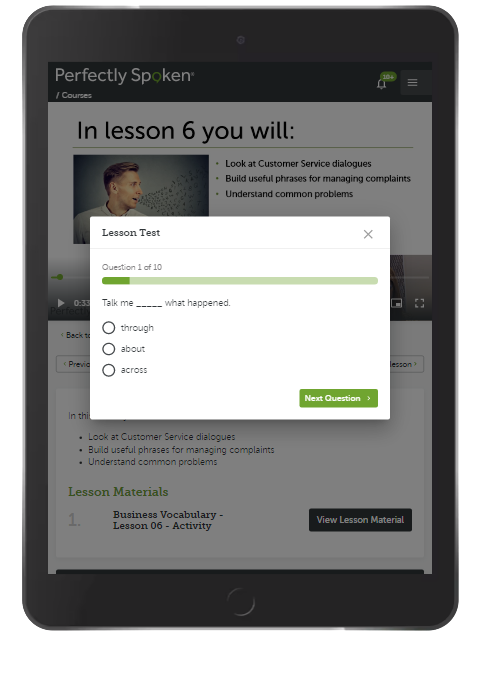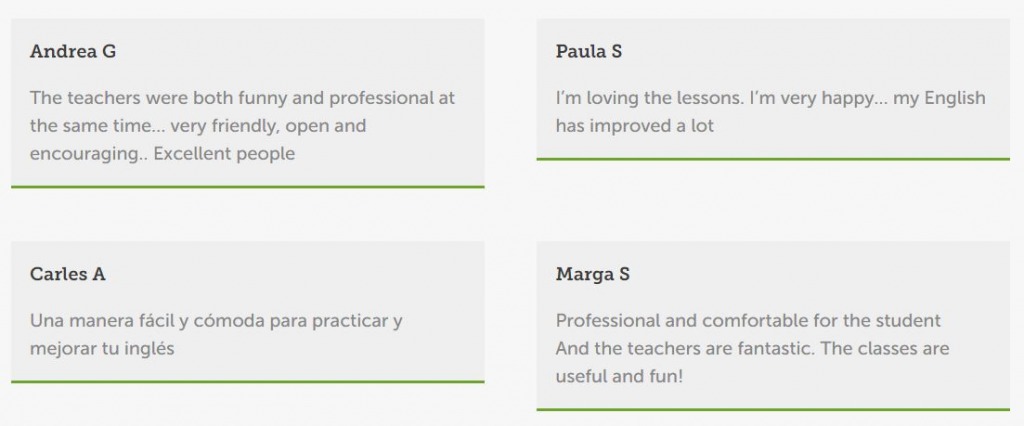Perfectly Spoken, a leading online English language learning platform, is thrilled to announce its collaboration with Open Arms, a dedicated humanitarian organization committed to protecting the most vulnerable in emergency situations. By extending our services to the staff and other individuals who work and collaborate with Open Arms, we aim to empower them with the transformative potential of the English language. This partnership reflects our shared vision of making a positive impact in the lives of those who selflessly serve others.
Empowering Humanitarians Through English Language Learning
Open Arms is at the forefront of providing crucial aid and support to individuals abandoned in international waters, fleeing from war, persecution, and poverty. Recognizing the extraordinary tasks faced by the dedicated personnel and volunteers of Open Arms, Perfectly Spoken is proud to support their mission by offering English language learning opportunities. By equipping them with strong English communication skills, we can amplify their ability to effectively carry out their tasks and make a difference in the lives of those they assist. Clear and effective communication is vital in their humanitarian work, enabling them to build trust, convey empathy, and provide the necessary assistance to those in need.
[/vc_column_text][/vc_column]


Enhancing Cultural Understanding and Empathy
At Perfectly Spoken, we recognize that language learning goes beyond mere communication skills; it fosters cultural understanding and empathy. Through our collaboration with Open Arms, we aim to create an environment where language becomes a bridge, fostering connections and promoting mutual understanding.
By providing free access to our comprehensive English courses, we enable Open Arms‘ staff and volunteers to develop their language skills at their own pace and convenience. Our platform offers a wide range of engaging lessons.
Cultural Sensitivity
Our curriculum has been designed to integrate cultural sensitivity and embrace diverse perspectives, enabling learners to grasp the nuances of different cultures and deepen their connections with the individuals they serve. This cultural understanding then enriches the experiences of those working and collaborating with Open Arms.
Diversity of courses
Through this partnership, we aim to empower Open Arms‘ personnel with improved communication skills, enabling them to carry out their tasks with greater efficiency and empathy. To this end we not only offer access to a wide range of general English courses to suit the needs and learning objectives of individual team members but plan to work with
Open Arms to create specialist English courses to equip them linguistically to face the specific challenges the Open Arms team face daily at an international level.
Together, Perfectly Spoken and Open Arms exemplify the transformative power of collaboration, compassion, and education. By working hand in hand, we strive to make a positive difference in the lives of those who dedicate themselves to helping others, creating a world where language becomes a catalyst for empowerment.
























